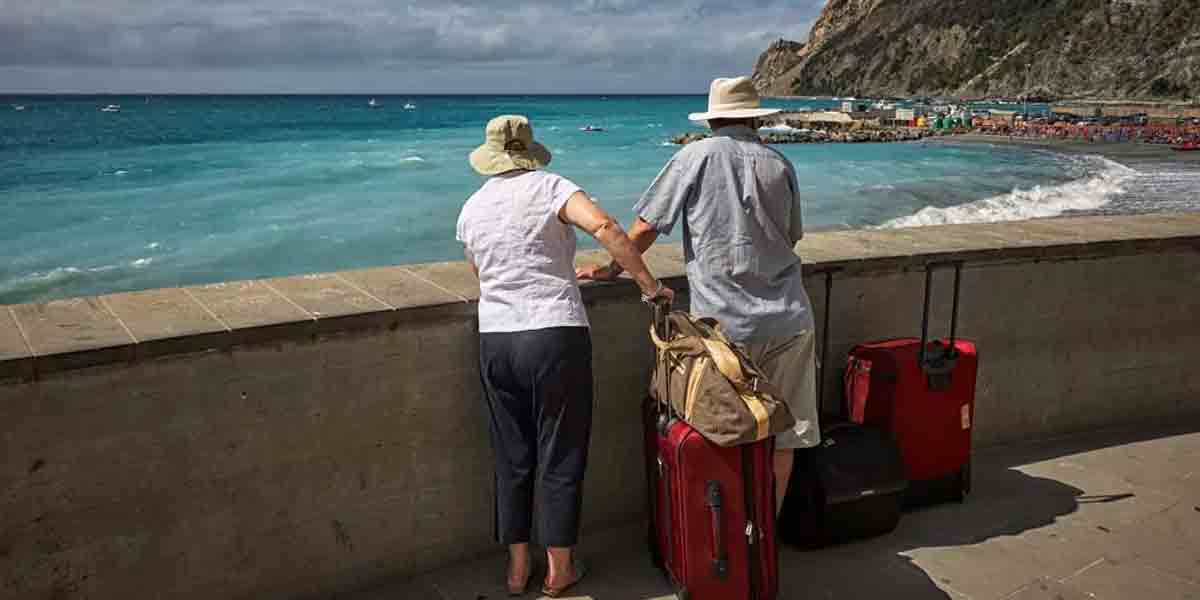With millions of Filipinos expected to travel during Holy Week, the Department of Energy (DOE) has rolled out comprehensive measures to ensure reliable energy services nationwide.
The initiative covers continuous electricity supply in homes, tourist destinations, and transport terminals, as well as adequate fuel stocks along major highways.
“The Holy Week is a time for introspection and renewal,” said Energy Secretary Raphael P.M. Lotilla. “It is also an opportunity to become more mindful of our energy use — whether on the road or at home.”
To prevent power interruptions during the holiday rush, the DOE has coordinated with power generators, the National Grid Corporation of the Philippines (NGCP), distribution utilities, and electric cooperatives.
These agencies have been directed to intensify monitoring of the grid, particularly in high-demand areas such as tourist hotspots and island provinces.
The NGCP and local utilities are tasked with ensuring grid stability and maintaining rapid response teams throughout the Lenten period.
In anticipation of increased road traffic, the DOE has also instructed oil companies to ensure steady fuel supply and extend operating hours at service stations on key travel routes.
Petroleum retailers have committed to keeping technical staff on standby to respond to motorist needs.
For electric vehicle (EV) users, the DOE reported 962 public charging stations now active as of April 2025, with most located in Metro Manila.
EV owners are encouraged to visit the Philippine Electric Vehicle Industry Portal (https://evindustry.ph) to find nearby charging facilities.
“We thank our partners in the electricity and downstream oil sectors for their collaboration to ensure a steady power supply, accessible fuel, and a safe, smooth travel experience for all,” Lotilla said.
The DOE is also urging consumers to contribute by practicing energy conservation at home.
Simple habits such as unplugging idle appliances, maximizing daylight, and setting air conditioners to moderate levels can help reduce electricity bills.
The public is also reminded to inspect electrical outlets and cords to prevent hazards during prolonged travel absences.
Holy Week, a major observance in the predominantly Catholic Philippines, typically sees a significant reduction in industrial demand and a spike in residential and travel-related energy use.
In 2024, over 4 million Filipinos were estimated to have traveled during Holy Week, according to the Department of Tourism.
The DOE’s proactive energy management is part of its broader campaign to promote energy efficiency, grid resilience, and sustainable transport solutions.






















